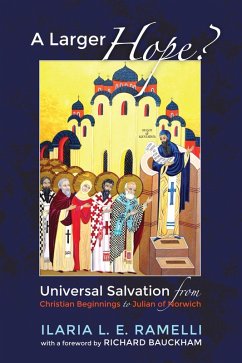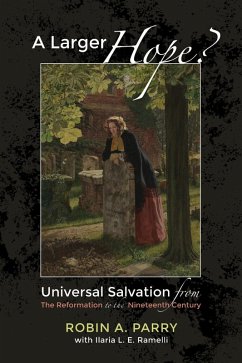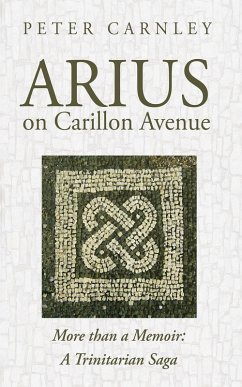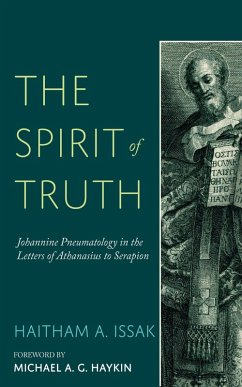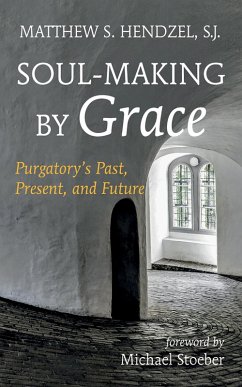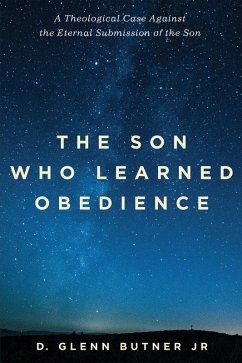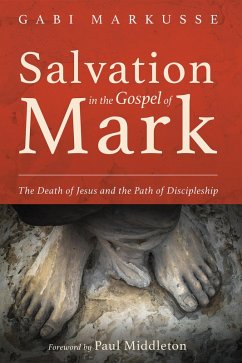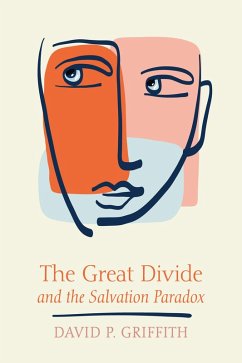
The Great Divide and the Salvation Paradox (eBook, ePUB)
Versandkostenfrei!
Sofort per Download lieferbar
28,95 €
inkl. MwSt.
Weitere Ausgaben:

PAYBACK Punkte
14 °P sammeln!
The church in its first centuries split on whether Christ saved everyone or a few, Universalism versus Exclusivism. In the sixth century, the church settled the issue seemingly and held that Universalism was heresy. This book reviews this history as well as what provoked it--Scripture, on its face, gives two contradictory accounts of salvation's extent: everyone is ultimately saved and everyone is not. In contrast to both Exclusivism and Universalism, the book takes Scripture's two accounts of salvation's extent as true--that is, as a paradox. This is the approach the church has taken with oth...
The church in its first centuries split on whether Christ saved everyone or a few, Universalism versus Exclusivism. In the sixth century, the church settled the issue seemingly and held that Universalism was heresy. This book reviews this history as well as what provoked it--Scripture, on its face, gives two contradictory accounts of salvation's extent: everyone is ultimately saved and everyone is not. In contrast to both Exclusivism and Universalism, the book takes Scripture's two accounts of salvation's extent as true--that is, as a paradox. This is the approach the church has taken with other scriptural paradoxes. Saying one God is three, or one Son is both God and man, appeared to be contradictory too, but, to embrace Scripture entirely, these were seen as paradoxical. The Trinity modeled how one can be three, and the hypostatic union modeled how one can be two. For the paradox of salvation's extent, the answer lies in the individual's divisibility in the afterlife, one can be two. That is, in ultimate salvation, each individual can be both saved and unsaved.
Dieser Download kann aus rechtlichen Gründen nur mit Rechnungsadresse in A, D ausgeliefert werden.




